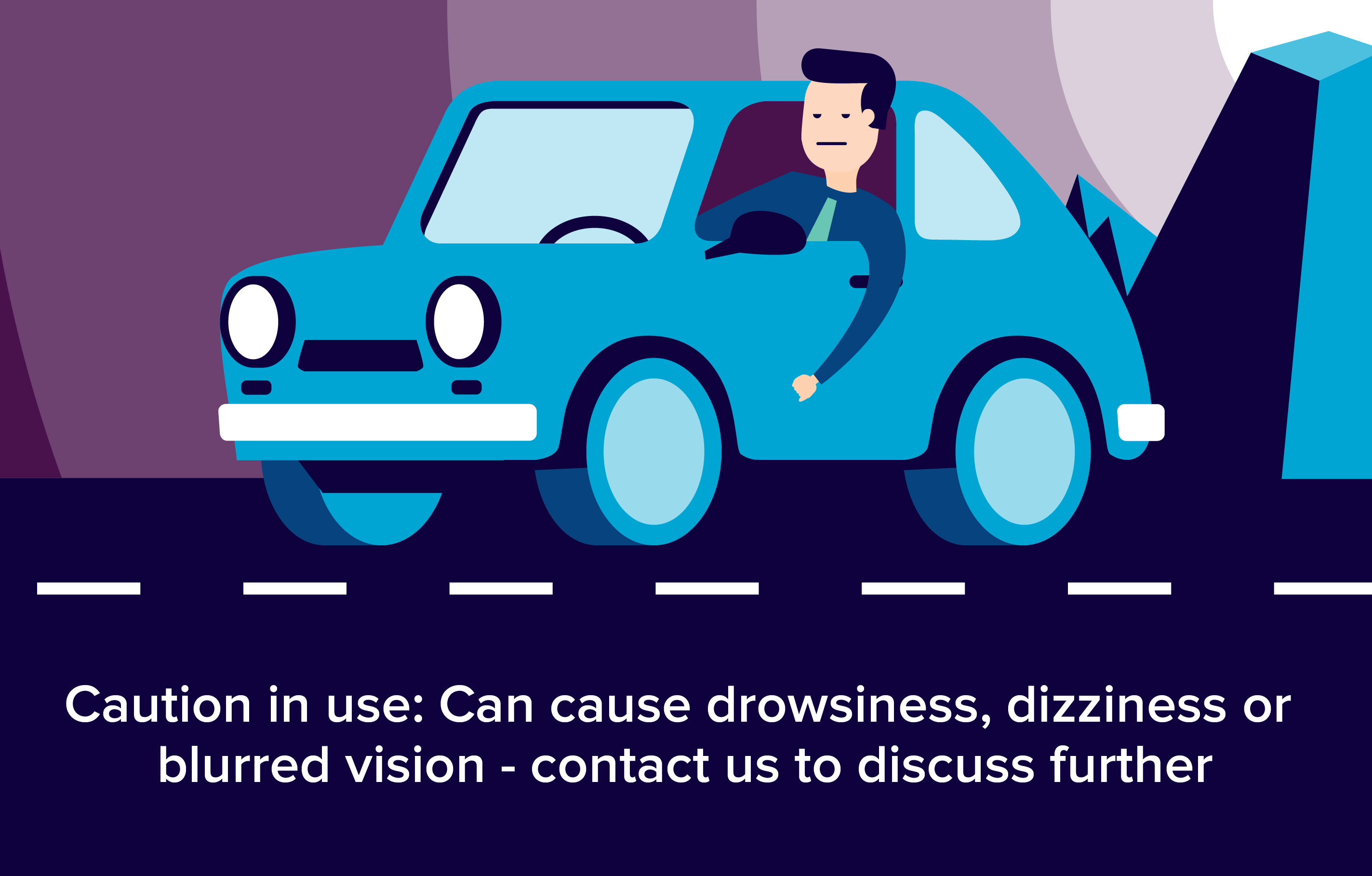Difene (Diclofenac) Capsules are used to relieve pain and inflammation. It is used to relieve painful conditions associated with your bones and joints and to reduce swelling and inflammation (e.g. arthritis) and for sprains, strains and bruising of tendons and ligaments, and in acute gout.

Why have I been prescribed Difene?
- Difene (Diclofenac) Capsules are used to relieve pain and inflammation.
- It is used to relieve painful conditions associated with your bones and joints and to reduce swelling and inflammation (e.g. arthritis) and for sprains, strains and bruising of tendons and ligaments, and in acute gout.
- It can also be used to reduce pain or inflammation after surgery. It can also be used for period pain.
How does it work?
Difene blocks the production of chemicals in the body called prostaglandins which are responsible for pain and inflammation.
When and how do I take it?
It is important that you use the lowest dose that controls your pain and you should not use Difene Capsules for longer than necessary.
Difene Capsules should be swallowed whole not chewed, with or after food with a glass of water or milk.
What’s the dose?
The dose will depend on your complaint and strength of capsules prescribed. Usually one capsule two or three time a day.
Could it interact with other tablets?
If you are taking other medicines make sure your doctor is aware of them before you take Difene Capsules, particularly if they are any of the following:
- other anti-inflammatory or ”painkilling” medicines
- water tablets e.g. diuretics
- corticosteroids or other medicines that may upset your stomach
- blood tablets e.g. anticoagulants such as warfarin
- lithium, cyclosporin and methotrexate
- anti-platelet agents e.g. aspirin
- medicines for heart conditions or high blood pressure (Beta Blockers, ACE inhibitors, digoxin)
- quinolone antibiotics
- aminoglycosides e.g. streptomycin
- diabetic tablets
- drugs for the treatment of gout e.g. probenecid
- drugs for the treatment of depression e.g. selective serotonin reuptake inhibitors
If you are presently taking any of these medicines and are unsure talk to your doctor or
pharmacist.
Herbal products should also only be taken after talking with your doctor.
What are the possible risks or side-effects?
Like other similar medicines, Difene 75mg Dual Release Capsules may occasionally cause some unwanted effects. These may occur in the initial stages of treatment and may be more serious if they occur in the elderly.
If you get any of the following:
- Stomach pain, indigestion, heartburn, wind, nausea or vomiting.
- Any sign of bleeding in the stomach or intestine, for example, when emptying your bowels. Gastro-intestinal bleeding may be fatal.
- Skin rash associated with blistering, itching or painful red areas
- Wheezing or shortness of breath
- Yellowing of your skin or the whites of your eyes.
- Persistent sore throat or high temperature.
- An unexpected change in the amount of urine produced and/or its appearance.
STOP taking the capsules and tell your doctor.
If you notice that you are bruising more easily than usual or have frequent sore throats or infections tell your doctor. Difene may occasionally cause stomach discomfort or heartburn, nausea, vomiting, diarrhoea, headache, dizziness or vertigo and skin rash. Medicines such as Difene may be associated with a small increased risk of heart attack (“myocardial infarction”) or stroke. Rare unwanted effects include drowsiness, itchy or blistering skin, vomiting blood or passing black stools, problems with your liver or kidneys and sometimes wheezing, shortness of breath or fluid retention.
Can I drink alcohol while taking it?
There are no known interactions between Difene and alcohol.
Always ask you doctor or pharmacist however as other medications you are taking may have a bearing on this.
What if I’m pregnant/breastfeeding?
Difene should not be used during pregnancy or while breast feeding.
If you have any more questions please ask your Pharmacist.
Remember to keep all medicines out of reach of children
Please Note: We have made every effort to ensure that the content of this information sheet is correct at time of publish, but remember that information about drugs may change. This sheet does not list all the uses and side-effects associated with this drug. For full details please see the drug information leaflet which comes with your medicine. Your doctor will assess your medical circumstances and draw your attention to any information or side-effects which may be relevant in your particular case.
References:
1. Medicines.ie website- difene SPC http://www.medicines.ie/medicine/3639/SPC/Difene+Tablets/
2. Medicines.ie- difene PIL http://www.medicines.ie/medicine/8293/PIL/Difene+Tablets/

